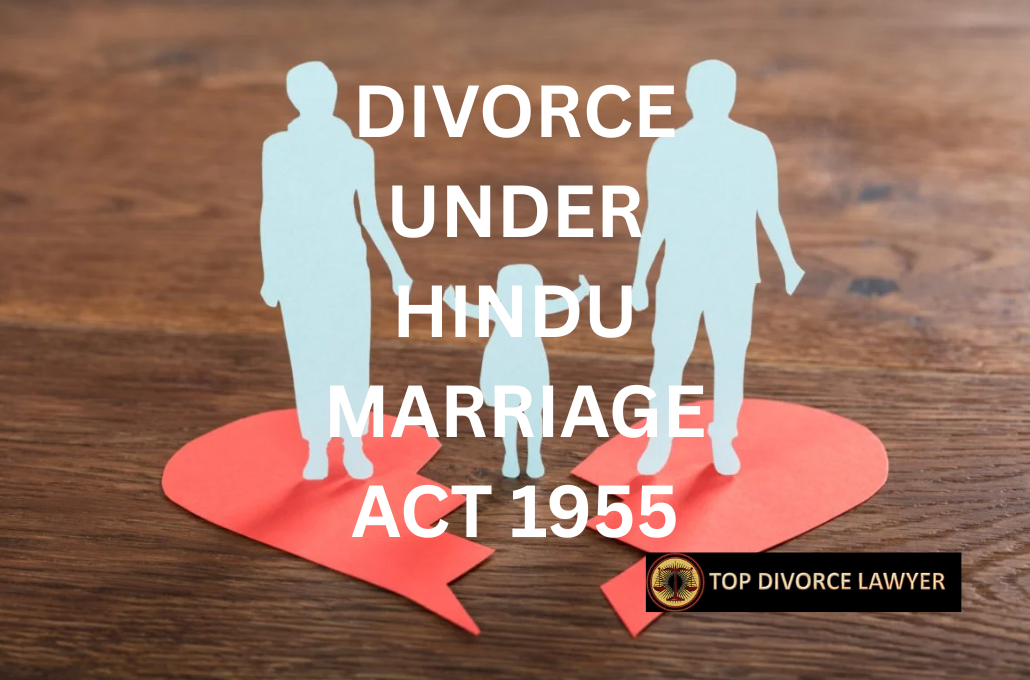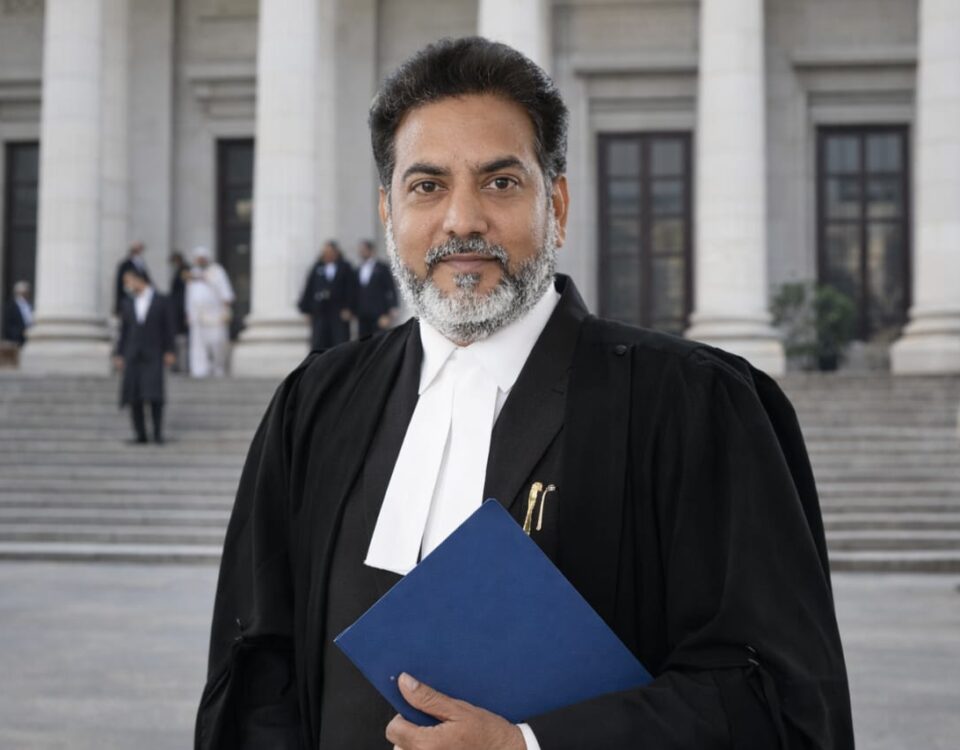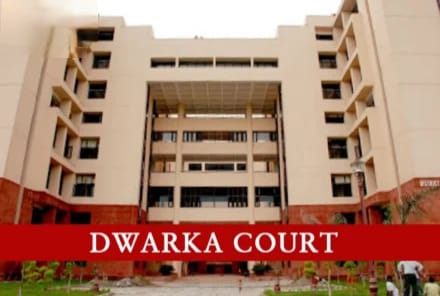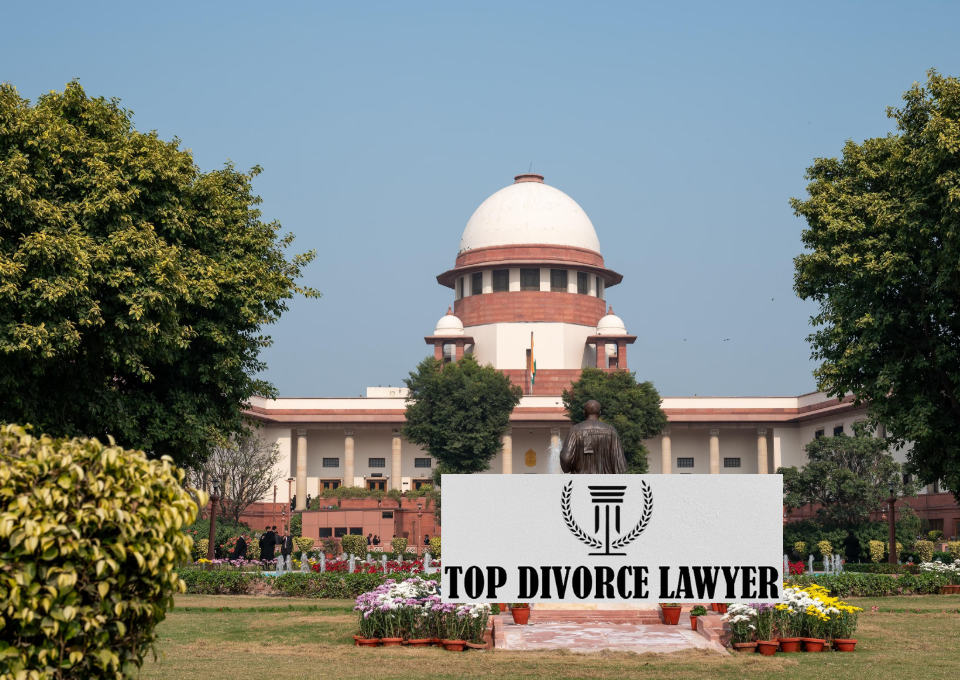Mutual Divorce in India – Simplified Legal Process
Mutual Divorce is a legal process in which both the husband and wife agree to terminate their marriage peacefully and by mutual consent. It is considered the most straightforward, time-saving, and cost-effective method of legally ending a marital relationship. In India, Mutual Divorce is governed under Section 13B of the Hindu Marriage Act, 1955, and is applicable to couples who are Hindus, including Buddhists, Sikhs, and Jains. The process of mutual divorce is based on the simple principle that when two individuals find it impossible to live together and both agree that the marriage has broken down irretrievably, they can choose to part ways without blaming or accusing each other. Unlike contested divorce cases, mutual divorce does not involve lengthy courtroom battles, allegations, or the need to prove cruelty, adultery, desertion, or any other grounds. To be eligible for mutual divorce, the couple must meet certain conditions. Firstly, they should have been living separately for at least one year prior to filing the petition. This period allows both parties to reconsider their decision and ensures that separation is not impulsive. Secondly, both spouses must come to a mutual agreement regarding key matters such as alimony (financial support), child custody, division of property, and other liabilities. The mutual divorce process typically involves two motions. The first motion is filed jointly by both spouses expressing their consent to divorce. After the first motion, a cooling-off period of six months is provided to allow for reconciliation. If, after this period, both parties still want to proceed, they appear for the second motion, and the court may grant a divorce decree. Mutual Divorce offers a respectful, dignified, and private way to end a marriage, allowing both individuals to move on with their lives with minimal emotional and legal stress. It promotes cooperation over conflict and is often preferred by couples who wish to avoid prolonged litigation and emotional trauma.
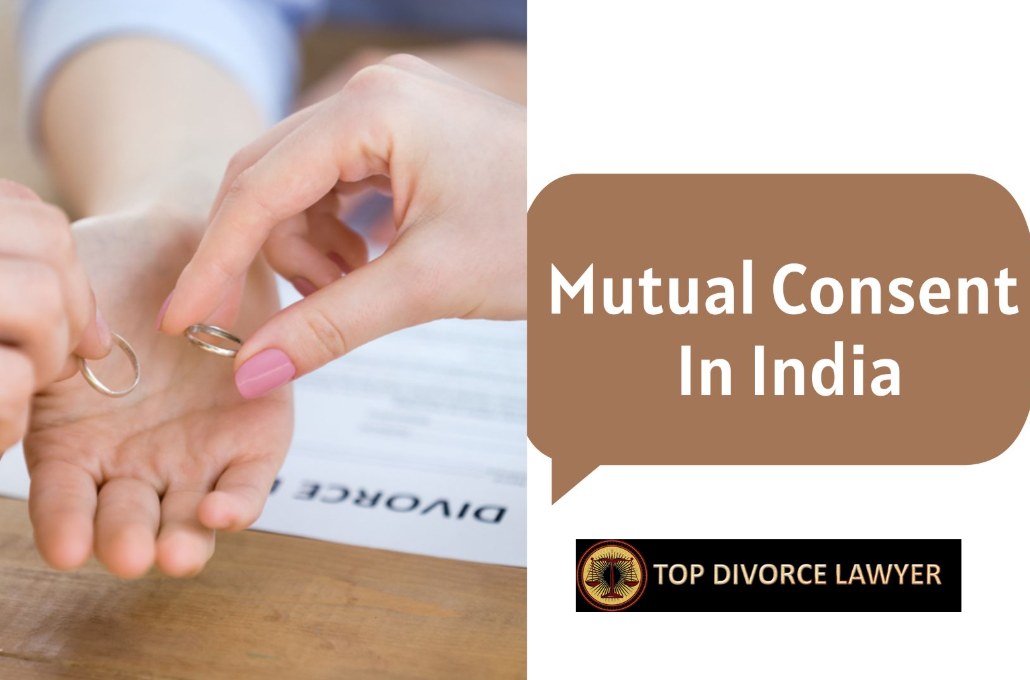
Why Choose TopDivorceLawyer
- Experienced Lawyers: Skilled in handling mutual divorce cases with expertise under the Hindu Marriage Act.
- Quick and Efficient Process: We ensure a hassle-free, fast divorce process to save your time and energy.
- Confidentiality Assured: Your privacy is our priority; all your personal and legal details remain secure with us.
- Affordable and Transparent Fees: Clear, affordable pricing with no hidden costs—quality legal services within your budget.
- Personalized Legal Solutions: Tailored advice and solutions suited to your specific needs for a smooth divorce experience.
- End-to-End Assistance: From petition filing to final decree, we assist you through every step with care.
Requirements for Mutual Divorce
To file for a mutual divorce in India, certain legal conditions must be satisfied under Section 13B of the Hindu Marriage Act, 1955. These requirements are put in place to ensure that the decision to dissolve the marriage is well thought out, mutual, and not taken impulsively. Mutual divorce is not just about signing an agreement and walking away; it requires both spouses to fulfill specific legal and emotional criteria before approaching the family court. First and foremost, the husband and wife must have been living separately for a continuous period of at least one year before filing the divorce petition. This does not necessarily mean they must be living in different homes or cities; even under the same roof, if they are not living as husband and wife—without any physical relationship or emotional bond—it can be considered as separation. This one-year separation period reflects the seriousness of their decision and gives both parties time to reflect on whether reconciliation is possible. Secondly, it must be evident that the couple is unable to live together and have mutually agreed that the marriage has broken down beyond repair. There should be no possibility of reconciliation or saving the marriage. The law expects both parties to come to this conclusion freely, without force, pressure, or fraud. This condition ensures that the consent given is genuine and not a result of coercion. Another essential requirement is mutual agreement on all key matters, including the division of assets, child custody (if applicable), maintenance or alimony, and any other legal or financial responsibilities. The couple must present a settlement agreement to the court, outlining how they intend to resolve these issues amicably. This agreement simplifies the process for the court and helps avoid future disputes. Lastly, both parties must be mentally sound and legally competent to make the decision. If any one party withdraws consent before the final hearing, the mutual divorce cannot be granted. The process involves two motions—first and second—and consent must be maintained throughout. Fulfilling these requirements ensures that the mutual divorce process is legally valid and accepted by the family court, allowing both individuals to move on respectfully and peacefully.
Procedure for Mutual Divorce
The procedure for obtaining a mutual divorce in India is relatively straightforward, especially when compared to a contested divorce. However, it still involves a few essential legal steps that must be followed in sequence. The entire process is governed by Section 13B of the Hindu Marriage Act, 1955, and requires cooperation from both parties throughout. The first step involves the filing of a joint petition, commonly referred to as the First Motion Petition. In this step, both the husband and wife together approach the family court and file a joint application expressing their mutual consent to dissolve the marriage. The petition must state that they have been living separately for at least one year, are unable to live together, and have mutually agreed to end the marriage. The petition should also include terms of the mutual settlement such as alimony, maintenance, child custody, and division of property, if applicable. After the petition is filed, the court fixes a date for both parties to appear before the judge. During this first appearance, the family court judge interacts with both spouses to confirm their willingness and mutual consent to divorce. The judge also examines the contents of the petition and ensures that the decision is not made under any coercion or undue influence. Following the first motion, the court typically grants a cooling-off period of six months, during which the couple is expected to reconsider their decision and potentially reconcile. This period is legally mandated but can be waived by the court in certain circumstances, especially when the couple has already been living separately for a long time or if there are no chances of reconciliation. If, after this cooling-off period, both parties still wish to proceed, they file the Second Motion Petition. This leads to the final hearing, where the court again confirms that mutual consent still exists. If the court is satisfied with the sincerity and legality of the case, it proceeds to grant the Decree of Divorce. The decree legally dissolves the marriage, allowing both individuals to go their separate ways. The entire process, when handled correctly, is smooth, respectful, and significantly faster than contested divorce proceedings.
Benefits of Mutual Divorce
Mutual divorce offers a wide range of benefits that make it a more practical and emotionally manageable option compared to contested divorce. It is particularly suited for couples who have realized that their marriage has broken down beyond repair and who wish to part ways with dignity, cooperation, and minimal stress. One of the most significant advantages of mutual divorce is its speed and simplicity. Since both spouses agree on ending the marriage and are willing to cooperate, the legal procedures involved are fewer and more streamlined. This greatly reduces the time it takes to obtain a divorce decree, making it one of the fastest legal solutions available for marital separation in India. Another important benefit is the cost-effectiveness of mutual divorce. Because there are no lengthy trials, cross-examinations, or multiple court hearings, the expenses associated with legal fees and court appearances are significantly lower. Couples can also avoid spending on investigations or other legal strategies that are often necessary in contested divorce cases. Mutual divorce is also less emotionally draining. It eliminates the need to prove fault, wrongdoing, or allegations against each other, thereby sparing both parties from public embarrassment, emotional trauma, and mental exhaustion. Privacy and discretion are also key features of mutual divorce. Court proceedings are kept simple and respectful, and couples are not required to make personal matters public. This is particularly beneficial for individuals concerned about their social image, especially in professional or high-profile settings. In addition, mutual divorce provides a more collaborative approach, where both parties have the freedom to decide important terms related to alimony, child custody, visitation rights, division of property, and other financial matters. This flexibility empowers both individuals to find balanced solutions that are in their mutual interest and tailored to their unique family dynamics. Moreover, mutual divorce encourages a peaceful and respectful closure, which is especially important when children are involved. Avoiding conflict sets a more positive example and reduces the long-term psychological impact on children. In essence, mutual divorce is about reducing conflict and promoting a solution-oriented approach. It offers couples an opportunity to part ways maturely and respectfully, saving time, money, and emotional energy, while ensuring that both parties retain control over the outcomes of their separation.

Home Page

Contact Us
Common Mistakes to Avoid in Mutual Divorce
While mutual divorce is generally considered a simple and efficient legal process, there are several common mistakes that couples should be aware of and avoid to ensure a smooth experience. Although both parties may be in agreement about ending the marriage, errors in preparation, documentation, or timing can lead to unnecessary delays, rejection of the petition, or even cancellation of the entire process. One of the most frequent mistakes is not having a clear and comprehensive settlement agreement in place. This agreement must address all crucial aspects such as division of property, financial support or alimony, child custody, and visitation rights. If the terms are vague, incomplete, or disputed later, the court may refuse to proceed until the issues are resolved. Another major issue is the last-minute withdrawal of consent by either spouse. Since mutual divorce is based entirely on voluntary agreement, both parties must continue to give their consent until the final hearing (second motion). If one party withdraws their consent before the final motion, the mutual divorce petition becomes invalid, and the couple may need to initiate contested divorce proceedings, which are far more time-consuming and complex. Couples also make the mistake of filing the petition without fulfilling the mandatory requirement of living separately for at least one year. Courts strictly follow this legal condition, and failing to meet it can lead to immediate dismissal of the petition. Additionally, providing incorrect or inconsistent information—whether unintentionally or due to poor legal advice—can raise red flags during the court’s scrutiny. This includes errors in personal details, income declarations, child custody terms, or asset division. Not seeking professional legal assistance is another common misstep. Many couples assume that mutual consent means they can manage the entire process without legal support. However, an experienced divorce lawyer plays a crucial role in preparing accurate documents, reviewing the settlement terms, ensuring compliance with legal formalities, and representing the case effectively in court. Legal guidance minimizes risks, ensures faster processing, and helps avoid technical errors that could otherwise cause serious setbacks. By avoiding these common mistakes and working closely with a qualified legal team, couples can ensure a smoother, faster, and legally sound mutual divorce process that respects the interests of both parties.
How We Help You Through the Process
At Top Divorce Lawyer, our goal is to make the mutual divorce process as smooth, efficient, and stress-free as possible for our clients. We understand that deciding to end a marriage is not easy, and the legal process that follows can feel overwhelming. That’s why we offer end-to-end legal support tailored to your unique situation, ensuring clarity, compassion, and confidence at every stage. From the very first consultation, our experienced legal team listens carefully to your concerns and provides practical, easy-to-understand advice about your rights and the steps involved in a mutual divorce. We assess your eligibility under Section 13B of the Hindu Marriage Act, ensuring that all the legal conditions—such as the one-year separation period—are met before proceeding. Our priority is to protect your legal interests while maintaining a respectful and cooperative approach. One of our core strengths lies in drafting clear and comprehensive legal documents, including the mutual consent petition and the settlement agreement. These documents are essential for the court to evaluate your case, and we ensure they accurately reflect the mutual decisions on critical issues like alimony, child custody, property division, and financial responsibilities. We help avoid errors or inconsistencies that may otherwise delay your case. We also manage all legal formalities and procedural steps, including court filings, document verification, submission of affidavits, and representation during court appearances. You don’t need to worry about missing deadlines or navigating confusing paperwork—our team handles everything for you. During court hearings, we represent you professionally, ensuring the process is respectful and efficient. If there is a need to waive the six-month cooling-off period, we can guide you through the legal grounds and file the necessary application with the court. We also help in resolving any last-minute doubts or issues that may arise before the second motion, ensuring both parties remain on the same page. Ultimately, our focus is on helping you achieve a peaceful, legally valid, and timely resolution so you can move forward with confidence. With Top Divorce Lawyer, you have a trusted legal partner committed to your well-being and your future.



